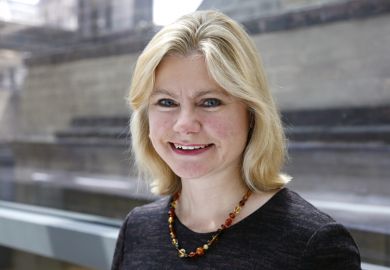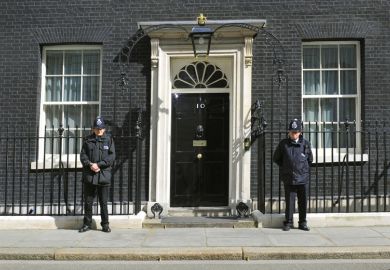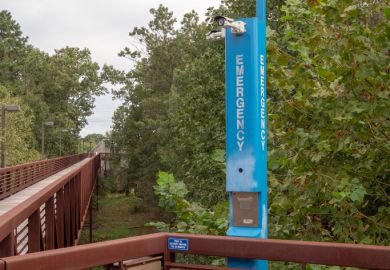Moving responsibility for English universities to the Department for Education offers the opportunity for closer collaboration with schools on widening access, according to sector leaders.
Higher education providers have repeatedly highlighted the difficulty that they have faced in building partnerships with schools over recent years, and in encouraging teachers to put forward the students who need help the most.
Graeme Atherton, director of the National Education Opportunities Network, said that the reorganisation could lead to significant improvements, with schools being given stronger incentives or even targets for supporting university enrolment; or being encouraged to direct pupil premium funding towards widening participation activities.
“In recent years, it has been clear that there has been a lack of incentive or support for schools to engage in access to higher education work, even though many of them want to,” Dr Atherton said. “Hopefully this will lead to some joined-up thinking.”
Lee Elliot Major, chief executive of the Sutton Trust, said that he hoped that bringing schools and universities together would also lead to improved policymaking at government level.
Universities, which have been criticised for their record on access, have consistently said that improving attainment at school level is the key to widening participation.
“From an access perspective, having both higher education and schools policy in the same department makes complete sense,” Dr Elliot Major said. “One of the tensions with having them in different departments has been that, sometimes, policies haven’t perhaps been as coherent and joined-up as we would like.”
The concern for universities might be that the DfE scraps public funding for their widening access activities, in the face of evidence that supporting children from a young age is the best way to boost higher education participation.
But Dr Atherton and Dr Elliot Major highlighted that this funding was already being significantly cut, even before the latest reorganisation; while investment in universities might still offer the strongest returns in the short term.
Les Ebdon, the director of fair access to higher education, said that investing in universities might still be attractive if the government wants to hit its target of doubling the proportion of young people from disadvantaged backgrounds entering higher education compared with 2009 levels by 2020.
“There is a strong argument that, if you want to invest, the sooner you invest the better,” Professor Ebdon said. “Having said that, the government sees more immediate return for its investment in higher education.”
Professor Ebdon said that putting universities and schools together would ensure that both sectors were “on the same song sheet” and suggested that access could benefit from being in a department focused on helping young people to fulfil their potential, rather than one with an emphasis on economic growth.
POSTSCRIPT:
Print headline: Better together: Academy in DfE raises hopes on access
Register to continue
Why register?
- Registration is free and only takes a moment
- Once registered, you can read 3 articles a month
- Sign up for our newsletter
Subscribe
Or subscribe for unlimited access to:
- Unlimited access to news, views, insights & reviews
- Digital editions
- Digital access to THE’s university and college rankings analysis
Already registered or a current subscriber? Login








